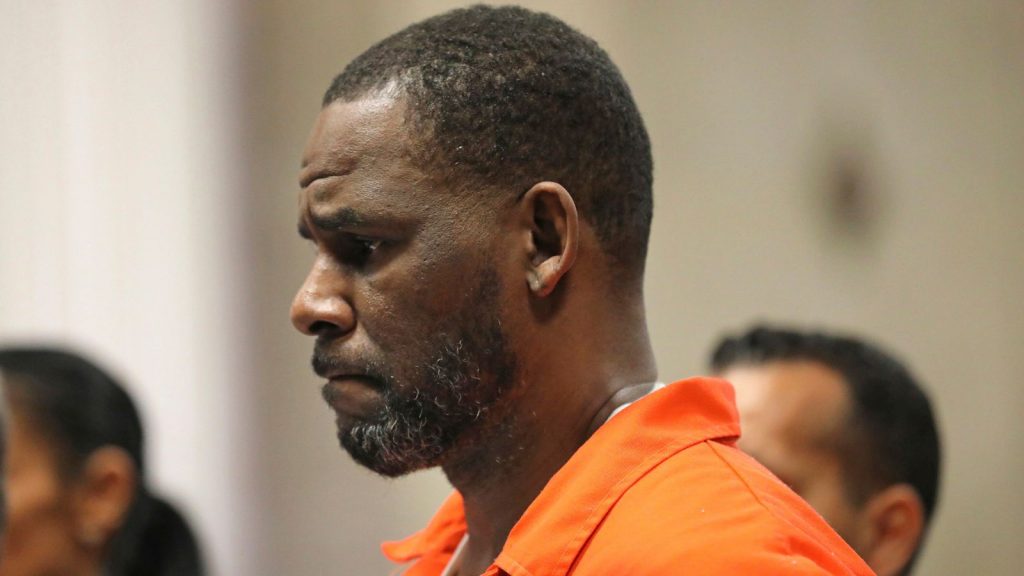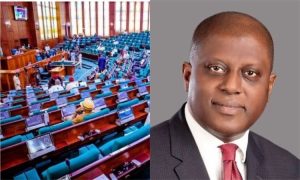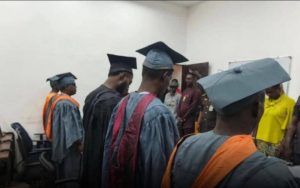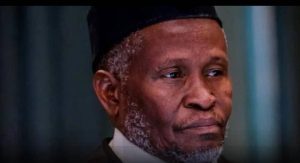By Our Reporter
R Kelly has appealed to a New York court to overturn a 30-year racketeering sentence, served to him in 2022.
The R&B singer – whose full name is Robert Sylvester Kelly – was found guilty of racketeering and trafficking following a high-profile trial in New York in 2021.
It followed years of accusations throughout his career.

He was served an additional year in prison on charges relating to indecent images of children and child enticement in Chicago last year.
Kelly – who was not present at the appeal – alleges that prosecutors failed to prove their racketeering claim or that he violated several women.
He also says he was denied a fair trial because several jurors prejudged his guilt, his lawyer provided ineffective counsel, and the jury was “swamped” by excessive evidence of other alleged bad acts.
Kelly was defended in the appeal hearing by lawyer Jennifer Bonjean, who began by disputing the definition of a RICO enterprise (Racketeer Influenced and Corrupt Organizations) and whether there has to be anything inherently illegal about such an organisation.
Speaking about Kelly’s team of staff, and whether they were aware of “what happened behind closed doors,” she said that while “there were rules and things, [the staff] did these anodyne tasks that were perhaps a little unusual, but not that put them on notice that what was happening behind closed doors was illegal”.
When asked about staff’s specific knowledge of the age of girls recruited to come and see Kelly backstage, Ms Bonjean said: “I do not believe there was any evidence that the employee would book travel for someone who was in fact under the age of consent.”
Kelly’s brief marriage to pop star Aaliyah
Representing the United States, assistant US attorney Kayla Bensing said Kelly “had a system in place that lured young people into his orbit, and then he took over their lives”.
She went on to describe women aged 16 or 17 invited by members of Kelly’s staff to come backstage, including one who she said was invited by Kelly’s bouncers to come backstage at a concert in Miami.
She said that was “three days after Kelly’s marriage to Aaliyah, in which he bribed a county official in order to hide or alleviate the consequences of illegal sexual activity”.
She also spoke about a former runner to Kelly, who described his girlfriends as “looking very young, specifically middle-aged teenagers”.
Ms Bensing also said there was evidence Kelly’s team knew he had been infected with herpes while having unprotected sex with his victims.
Claims of forced labour
She finally bought the claim of forced labour into the case, describing Kelly as “obtaining labour and services, here sex acts, through threats of serious harm or physical restraint against the victims”.
In her three-minute rebuttal of the argument, Ms Bonjean said the forced labour counts “were premised on a single act,” adding, “so unless the court is prepared to say that a single act of MouthAction, even if it’s forced, frankly constitutes forced labour, that is just making federal law co-extensive with state law”.
She also said the government was taking the position that “a RICO enterprise cannot not be rooted in criminality,” which she described as “unique” and “not supported” by previous cases.
The judges will now consider the appeal, and will issue a written decision at a later date.
Under his current convictions, Kelly, who is 57, will not be eligible for release until he is 80 years old.
Kelly rose from poverty to become one of the world’s biggest R&B stars. He became known for chart-topping hits including I Believe I Can Fly, Bump ‘N’ Grind and Ignition.
Although abuse allegations began circulating in the 1990s, widespread outrage followed the #MeToo reckoning and the 2019 series Surviving R Kelly (SkyNews).

























